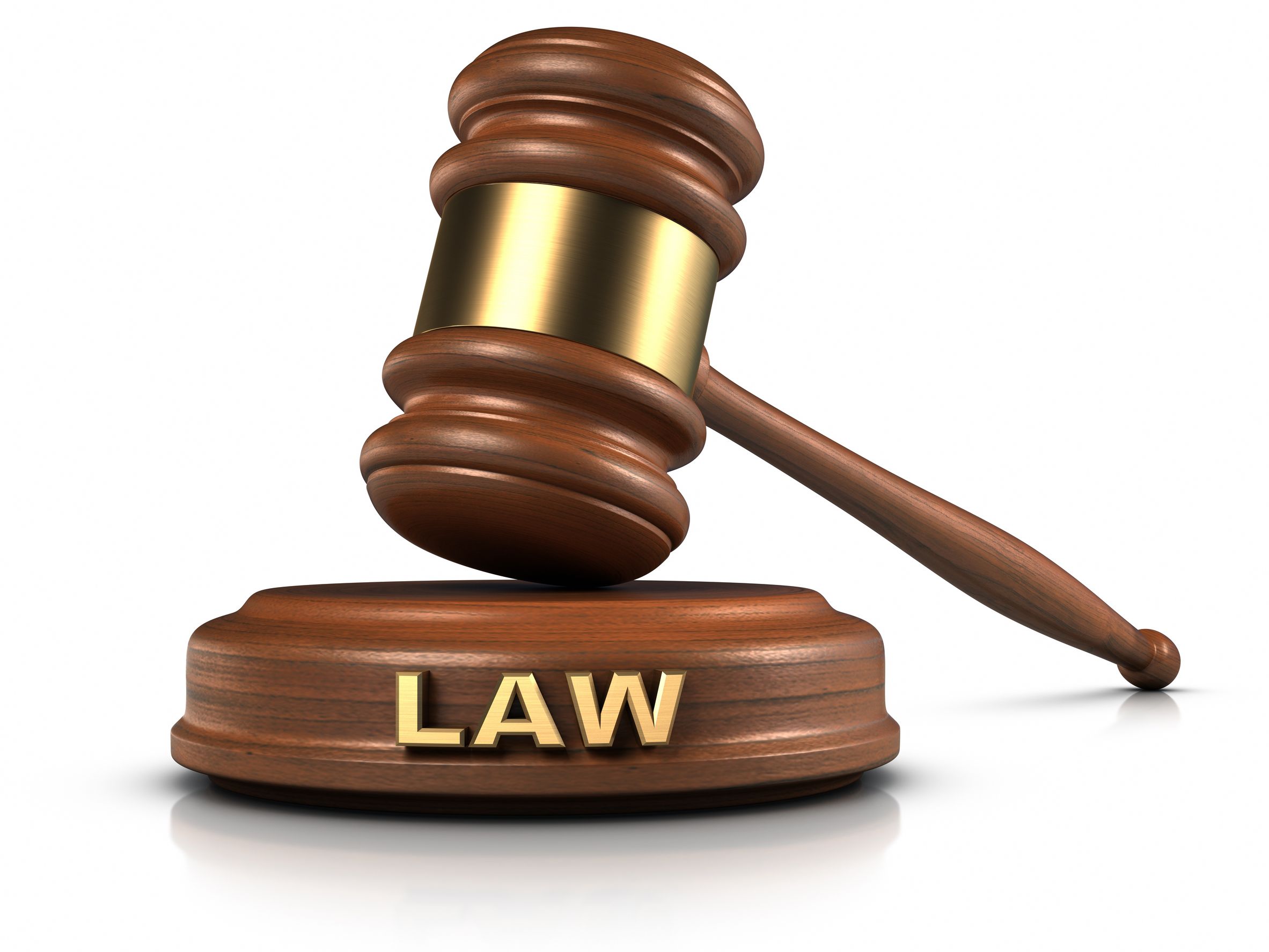Depending on the circumstances a company or an individual have a number of choices when considering bankruptcy, Chapter 7 be one of them. Chapter 7 bankruptcy demands that the debtor liquidate his or her assets, the revenue from the sale is then used to pay the creditors either in full or in part. At the end of this period the bankrupt’s debts will all but be discharged and the individual can now start a new, unencumbered life. A Chapter 7 bankruptcy attorney in Chicago helps both individuals and small businesses who turn to this form of bankruptcy, Chapter 7 is the most common type declared.
Once an individual or the owner of a small business reaches the conclusion that there is no alternative other than to declare bankruptcy they reach out to a bankruptcy attorney; the attorney prepares and files with the court a number of documents. An important component of the documentation is proof that the debtor is not eligible to file a plan for debt reorganization and develop a plan for repayment. To do this the debtor is expected to file a list of all assets and debts. Once it is established that the debtor is eligible for Chapter 7 bankruptcy protection the case is assigned to a court appointed administrator, the administrator is responsible to call a meeting with all creditors to discuss the liquidation. Although in most cases the creditors have little choice but to agree to partial payment of the debt owed they can refuse to accept if there is reason to believe the debt was incurred through some fraudulent activity. Not all debts can be erased in Chapter 7; student loans for example must be repaid in full.
Chapter 7 bankruptcy takes from four to six months to complete. Like any bankruptcy there can be serious complications, this is why debtors are advised to engage a Chapter 7 bankruptcy attorney in Chicago. The court does allow an individual to proceed with the process independently but not recommended. During the hearings the available assets are studies and a determination is made of those which are exempt and will not form part of the liquidation package as well as those assets which have no value and will be treated as exempt. The court appointed trustee arranges to dispose of all non-exempt assets and payment to the various creditors.
After chapter 7 has been declared it may be difficult to re-establish credit for some time, furthermore, it is not allowable under law to re-file again for a certain period of time.


